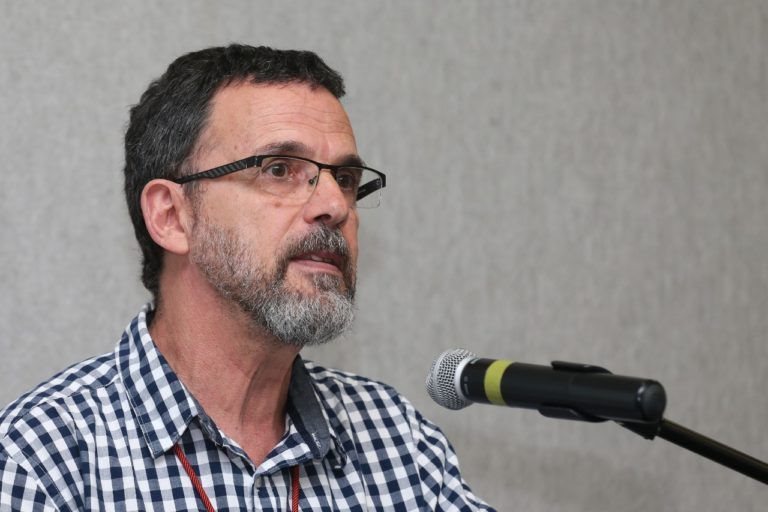
Top stories


Marketing & MediaWarner Bros. was “nice to have” but not at any price, says Netflix
Karabo Ledwaba 17 hours



Logistics & TransportMaersk reroutes sailings around Africa amid Red Sea constraints
Louise Rasmussen 10 hours

More news


















While the wage agreement was seen as a triumph by some politicians and commentators, for the workers on the farms it remains a contentious issue.
Speaking to delegates yesterday, Neil Coleman, co-director of the Institute for Economic Justice, admitted that the hourly wage was "a bit of a curveball" because the labour movement had been pushing for a monthly minimum wage. But, he said, it was estimated that at least 500,000 farmworkers were better off because they had been earning less than R18 an hour at the time the minimum was introduced.
"The gap between the average earnings of farmworkers and managers is second only to the wage gap in the energy sector," Coleman said.
"The sector is characterised by deep and extensive poverty," he said. "Even though there was a 52% rise in minimum wages after the 2012-13 farmworkers’ strikes, we estimate that 90% of farmworker families are still living below the poverty line."
At the time of the negotiations, a strong lobby from the farmers claimed that a minimum wage would result in job losses, but there is no evidence of a significant impact on employment. Coleman also pointed out that very few farmers have applied for exemptions from the increase.
Key issues still to be examined were whether the national minimum has been enforced and whether higher-paid workers have been laid off to make way for those earning the mandated minimum.
Coleman admitted that the choice to group farmworkers and domestic workers together in the minimum wage negotiations was "a tactical decision" and that the agreement to R18 an hour was a medium-term target. The hoped-for result is a much more rapid rise to a minimum of R20 per hour by 2020, but, according to Coleman, the trade unions are worryingly quiet about what is going to happen next year.
In response, a farmworker spokesperson pointed out that the trade unions are largely irrelevant in their sector.
Where would we get money to pay the unions? she demanded.
The situation is exacerbated by the increase in seasonal, as opposed to permanent farm jobs and the fact that most farmworkers no longer live on the farms where they work.
"When we lived on the farms we had land. We could grow our own vegetables and keep animals. Now we have nothing," said one delegate. "Enough is enough! Nothing has improved – where are my opportunities? Where are my rights?
"Where is my land?"

DST-NRF Centre of Excellence in Food Security is a virtual centre co-hosted by the University of the Western Cape and the University of Pretoria. Our mission is to undertake research to determine how a sustainable food system can be achieved to realise food security for poor, vulnerable and marginal populations. Our vision is to become a global leader in research, capacity building, and knowledge brokerage and service provision in food security and nutrition in Africa.
Go to: http://www.foodsecurity.ac.za/news